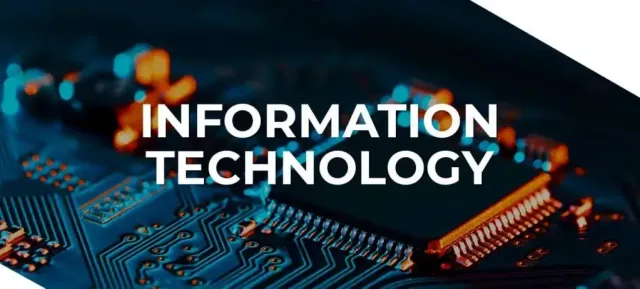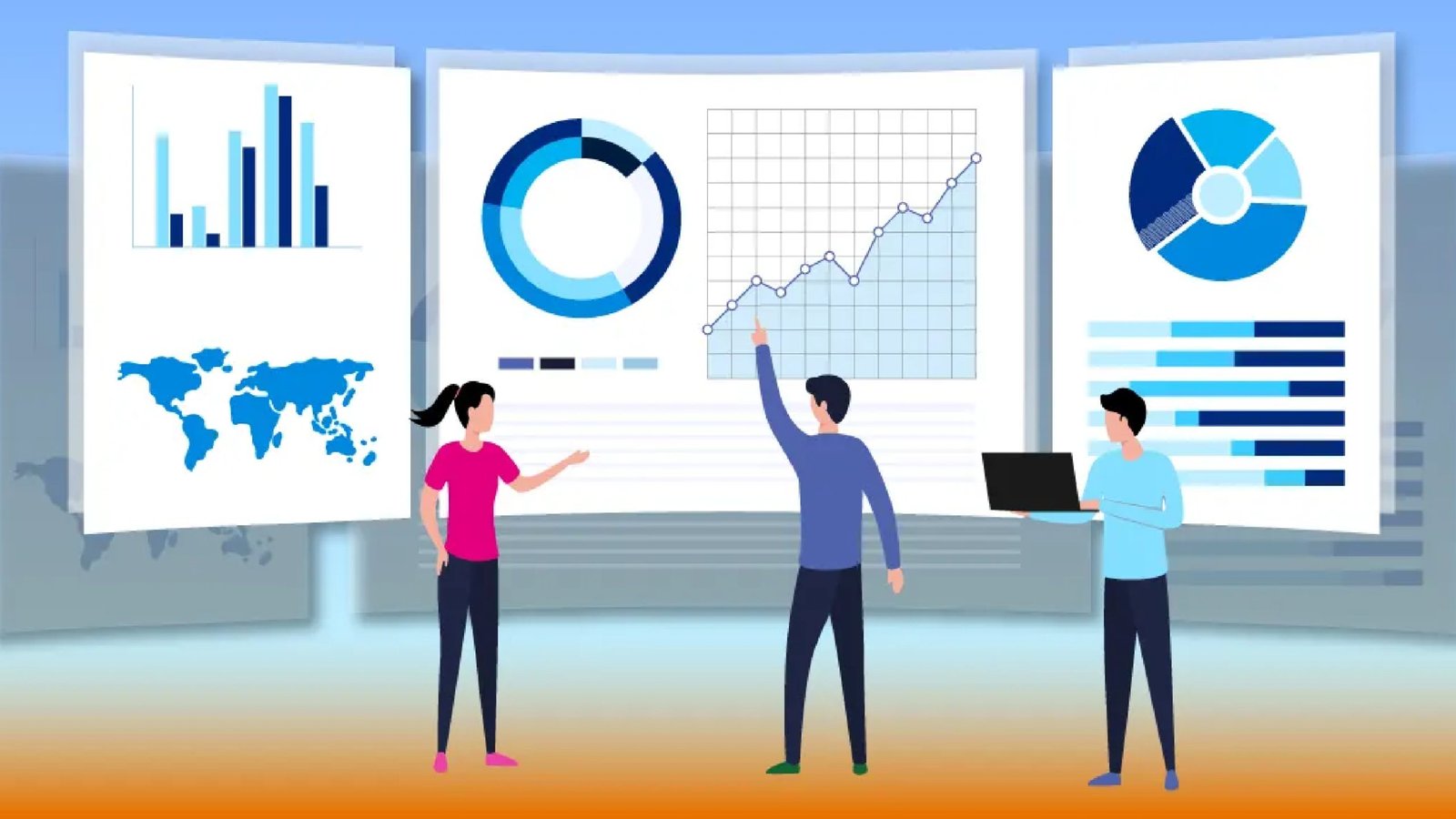The Role of Information Technology in Today’s World

The Role of Information Technology in Today’s World
Information Technology (IT) has become a cornerstone of modern society, driving innovation, efficiency, and connectivity across various sectors. From everyday conveniences to transformative business solutions, IT plays a crucial role in shaping the way we live and work.
At its core, IT encompasses the use of computers, software, networks, and other technologies to store, retrieve, transmit, and manipulate data. This field is broad and continually evolving, encompassing everything from hardware development to software engineering, cybersecurity, and data analytics.
One of the most significant impacts of IT is its ability to streamline and automate processes. In businesses, IT solutions like Enterprise Resource Planning (ERP) systems and Customer Relationship Management (CRM) software help organizations manage operations more efficiently, improve customer interactions, and make data-driven decisions. Automation tools reduce the need for manual intervention, minimize errors, and enhance productivity, allowing companies to scale operations and respond quickly to market changes.
In the realm of communication, IT has revolutionized how we connect and interact. The rise of the internet and mobile technology has facilitated instant communication through email, social media, and messaging apps. This connectivity not only enables personal communication but also supports remote work and global collaboration, breaking down geographical barriers and fostering a more interconnected world.
Cybersecurity is another critical area within IT. As digital threats grow in sophistication, protecting sensitive information and ensuring data privacy have become paramount. IT professionals work to develop robust security measures, including encryption, firewalls, and intrusion detection systems, to safeguard against cyber-attacks and data breaches.
Data analytics is a growing field within IT that involves analyzing large volumes of data to uncover insights and support strategic decision-making. By leveraging tools such as machine learning and artificial intelligence, businesses can predict trends, personalize customer experiences, and optimize operations.
The rapid advancement of IT also brings challenges, such as the need for continuous learning and adaptation to new technologies. As fields like cloud computing, blockchain, and quantum computing emerge, IT professionals must stay abreast of these developments to harness their potential and address associated risks.
In conclusion, Information Technology is integral to modern life, driving innovation, enhancing efficiency, and fostering connectivity. Its applications span across various industries, from business and communication to cybersecurity and data analytics. As technology continues to advance, IT will remain a pivotal force in shaping the future of our world.



Post Comment